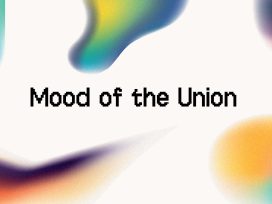Since the 2019 European Parliamentary elections, the European Union has achieved significant progress, while navigating a sea of unprecedented challenges. Forward-thinking policies have been adopted and implemented in many areas of common interest, placing the EU at the forefront of global legislative innovation.
However, the path has been strewn with obstacles. The COVID-19 pandemic put the EU and the rest of the world on hold for two years, while Russia’s full-scale invasion of Ukraine has prompted critical introspection about Europe’s defence capabilities. The transition away from Russian energy sources has led to soaring prices, exacerbating inflation already heightened by the pandemic.
All this has created discontent amongst large parts of the European population, whose standards of living have been decreasing since 2019. The mood of uncertainty has fomented a wave of protests and bolstered support for the far-right. On the other end of the spectrum, younger demographics express disillusionment with the EU’s failure to enact bolder reforms. Their diminished presence in the elections could contribute to a dramatic alteration to the political landscape.
From now until the elections, Eurozine is publishing a series of articles unravelling national intricacies while also delving into overarching issues. Grouping countries in regional blocs, experts will measure the political atmosphere at a crucial moment for Europe and its neighbourhoods.
Guest editor Raluca Besliu
In partnership with Studio Europa.








